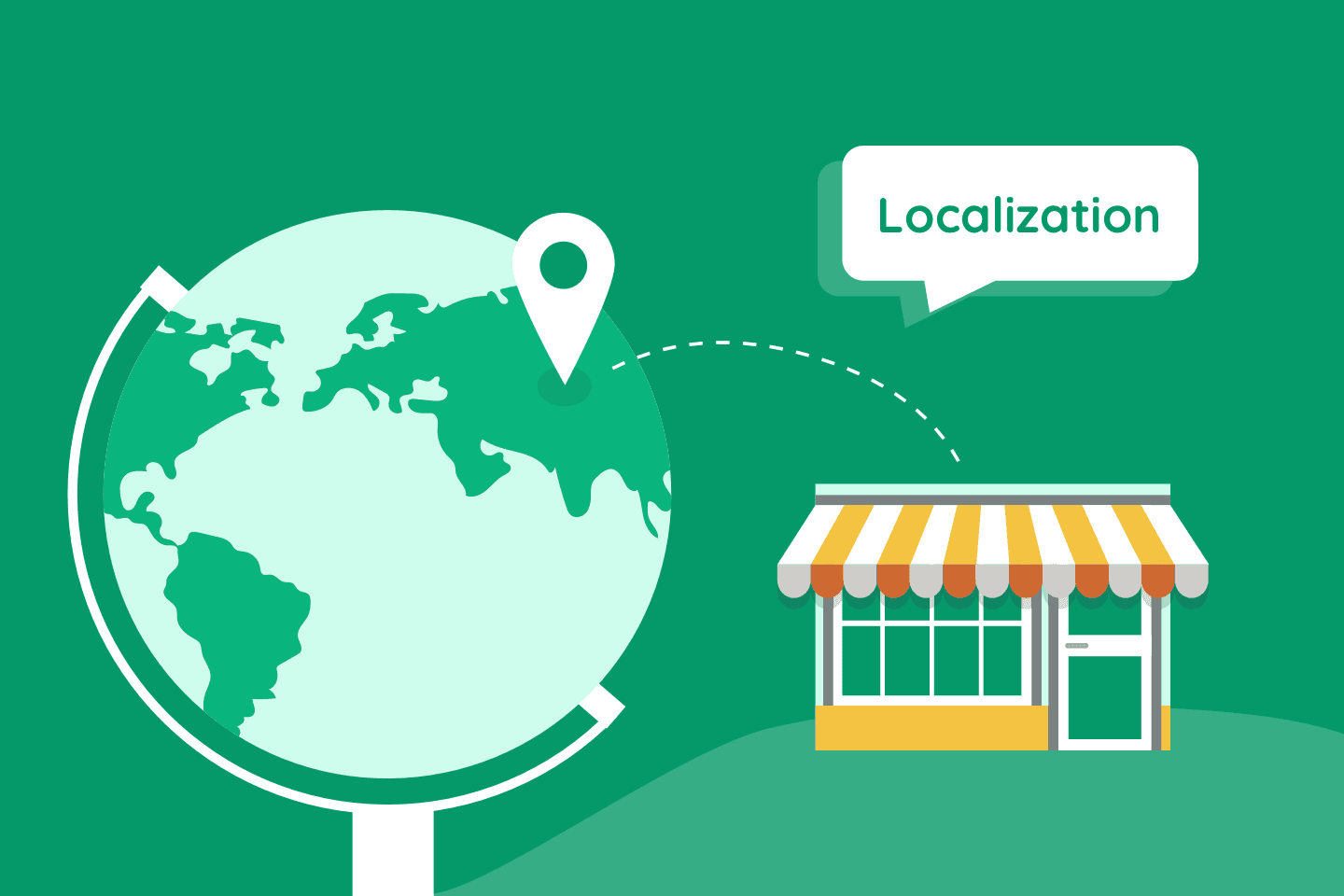Subtotal: $4398.00

In today’s global economy, businesses aren’t just looking to expand beyond borders; they are looking to thrive. To truly succeed in international markets, companies need more than just a presence—they need relevance. This is where localization comes into play. But what exactly does localization mean, and how does it propel businesses to success on the global stage? Let’s dive in!
Understanding Localization: More Than Just Translation
Localization goes far beyond merely translating text from one language to another. It’s about adapting every aspect of your business—from your website and marketing materials to your product or service offerings—to align with the cultural nuances, preferences, and expectations of the target market. It’s a holistic approach that encompasses language, cultural norms, legal requirements, and even local purchasing behaviors.

Why Localization Is a Game-Changer for Businesses
1. Building Trust and Credibility: Localization helps build trust with local customers by showing that a brand respects and understands their unique culture and needs. When businesses communicate in a way that resonates with the local audience, it establishes credibility and creates a strong connection.
2. Improving Customer Experience: Localized content ensures that customers receive information in their native language, presented in a familiar context. This improves the overall customer experience, making them more likely to engage with your brand, make purchases, and even advocate for your products or services.
3. Boosting Market Penetration :Companies that invest in localization can penetrate new markets more effectively. A localized approach helps brands overcome cultural barriers and adapt their marketing strategies to suit local preferences, increasing the chances of market success.
4. Increasing Conversion Rates: When customers feel that a product or service is tailored specifically to them, they are more likely to make a purchase. Localization drives higher conversion rates by creating a seamless, relevant experience that aligns with local expectations.

Examples of Localization in Action
Consider companies like Coca-Cola or McDonald’s. Both have tailored their products and marketing strategies to fit local tastes—like Coca-Cola’s unique soda flavors in different countries or McDonald’s region-specific menus. This not only shows respect for local cultures but also boosts their popularity and sales.
Conclusion: Make Localization Your Business Strategy
Localization is not a mere tactic but a strategic necessity for any business aiming for international success. By speaking the language of your audience—literally and figuratively—you can build trust, enhance customer experience, and ultimately, drive growth in new markets.
Ready to take your business global? Remember, in the world of international business, localization isn’t just an option; it’s the key to success.